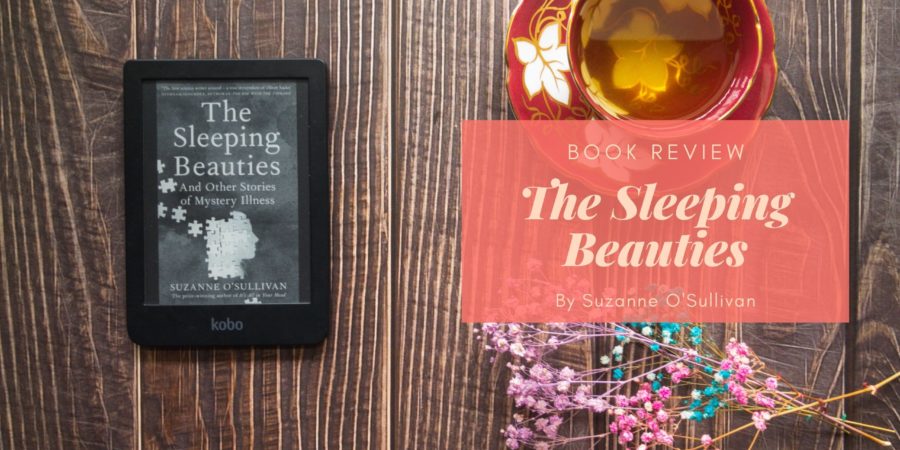How much hold does the mind have over the body? What is the impact of culture on our physical health? In The Sleeping Beauties, Dr. Suzanne O’Sullivan looks at several different types of ‘mystery illness’, where people fall ill with no medical explanation, some which occur in groups and some which are individual cases to determine the role of the mind and culture on our physical health.
In The Sleeping Beauties, Dr. O’Sullivan covers the following cases:
- Resignation Syndrome, which primarily affects refugee children in Sweden, where children lose their will to do anything and sleep for years
- The Grisi Siknis in Miskito Community, which is sometimes called a folk illness and is treated by non-modern medical methods
- A sleeping sickness that affected over a hundred people in two towns in Kazakhstan
- US employees in Havana who were suspected to be the victims of a terrorist ‘super sonic’ attack
- A group of schoolgirls in Colombia who are fighting the label of “mass hysteria” (they blamed a vaccine)
- Another group of schoolgirls in Le Roy who also fought the label of mass hysteria (they blamed possible environmental pollution)
- A few people who were are convinced that their doctors have not properly diagnosed their illnesses – such as a lady who had a slipped disc but ended up unable to walk.
Each case has its nuances, but overall, what I took away from this book was that: the mind and our environment have a lot more (subconscious) control over the body than we realise. If we’re primed to notice certain pains, or if we’re taught to look for physical diagnosis for illnesses, we may end up reinforcing a cycle where we expect our bodies to fail us, our bodies fail, and we expect more physical failure. Environments and emotions can be catching too – what could start as an overreaction to a physical cause can lead to a group of people feeling ill. The way that authorities react to the physical symptoms can have an impact on it too.
I also thought that the differentiation between illness and disease was interesting. I always thought that the words were synonyms, but according to the book:
“The seventeenth-century physician Thomas Sydenham, sometimes referred to as the English Hippocrates, said that a disease was something waiting to be found out, which existed independent of the observer. It is a cancer that grows and makes itself known, rendering the person sick whether the doctor defines it as a disease or not. Illness is another matter. It is a perception of how one feels and does not need to be associated with a disease – i.e. it does not need an objective pathology to exist. Illness is defined by the person who has it and the doctor who gives it a name and as such will be an inherently cultural phenomenon.”
Another very interesting point that Dr O’Sullivan pointed out was the connection between sexism and the label ‘mass hysteria’. As the cases of the schoolgirls in Colombia and Le Roy show, “mass hysteria is a magnified version of all that is wrong in the way we perceive and discuss psychosomatic and functional disorders. Stereotypically, the condition is rejected as a diagnosis for men and caricatured for young women.”
Overall, I found this to be a very illuminating book that gave me a new perspective on our health; I now wonder how many of the vaccine side-effects reported are really a side-effect and how many are side-effects that we feel because we’ve been primed to feel it. I’d recommend this book if you’re interested in learning more about the mind-culture-body connection.

Oooh the difference between illness and disease is super interesting
Right?? I honestly just thought they were synonyms but this also makes sense!